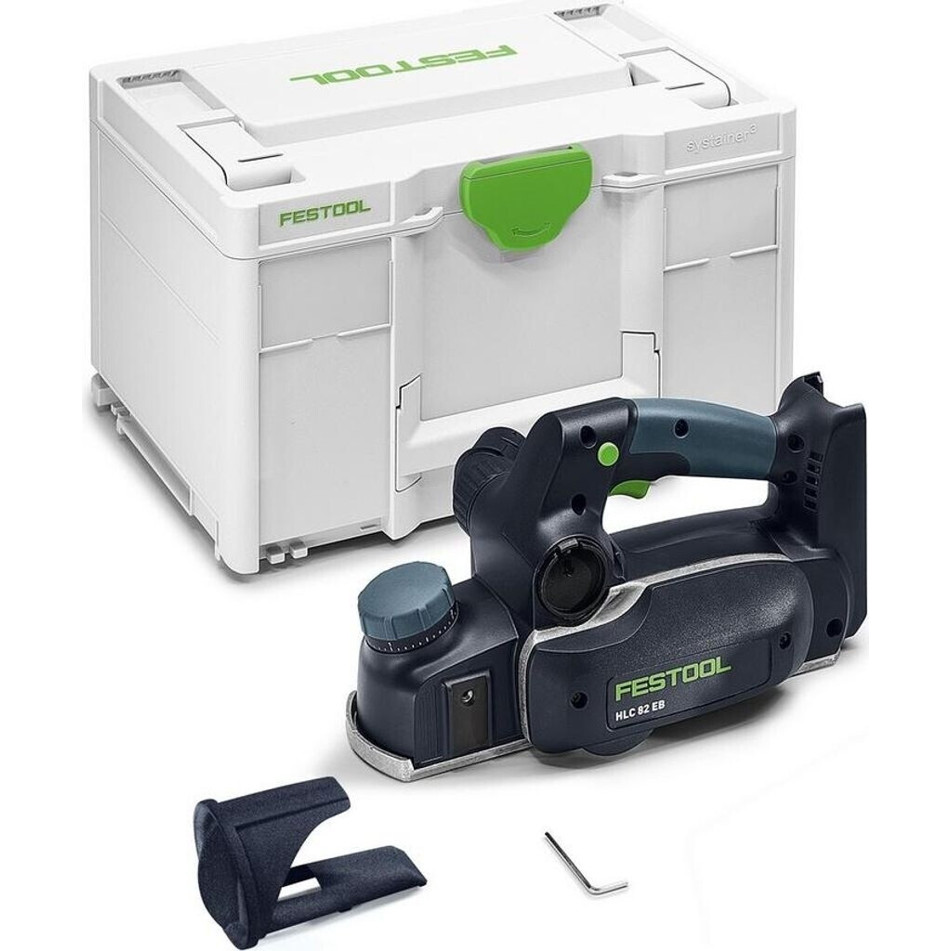Unlocking Efficiency: The Advantages of a Machine Set with 3 Batteries
In today's quickly advancing world, the combination of innovation into our everyday lives is important for performance and productivity. One such advancement is making use of makers powered by multi-battery systems, especially configurations making use of three batteries. This article aims to check out the different elements of a machine set with 3 batteries, unveiling their benefits, applications, and considerations in regards to efficiency and maintenance.
The Basics: Understanding the Three-Battery Setup
Devices geared up with three-battery configurations provide a variety of functionalities. The design typically involves three identical or compatible batteries working in tandem. Trivox Versand can be linked in series or parallel, depending on the particular requirements of the machine.
Table 1: Battery Configuration Options
| Setup | Definition | Benefits |
|---|---|---|
| Series | Batteries linked end-to-end | Greater voltage output |
| Parallel | Batteries connected side-by-side | Increased capability and runtime |
How Does a Machine Set with Three Batteries Work?
The function of a machine set with 3 batteries can be explained succinctly. When lined up in series, the voltage increases, permitting the devices to operate more potent systems, while parallel connections boost runtime by increasing the overall capability.
Benefits of Three-Battery Systems
- Prolonged Runtime: Adding an additional battery can substantially extend the operational time of equipment, reducing downtime and improving productivity.
- Enhanced Reliability: With 3 batteries, systems can continue to operate even if one battery underperforms or malfunctions. This redundancy guarantees that the machine can still run effectively.
- Versatile Power Management: Many makers gain from different voltage and present requirements, which can quickly be managed through a three-battery setup.
- Versatile Maintenance Options: The modular nature of having 3 batteries permits simple exchange and repair treatments without the need for complete system shutdowns.
- Sustainable Energy Usage: Machines utilizing three batteries can typically integrate renewable resource sources much more efficiently, such as through solar panels or wind turbines.
Table 2: Key Benefits of a Three-Battery Setup
| Advantage | Description | Impact |
|---|---|---|
| Extended Runtime | Longer operation without charging | Decreases downtime, increases efficiency |
| Improved Reliability | Redundant power sources that prevent failure | Enhanced rely on machinery operation |
| Versatile Management | Capability to fulfill diverse power requirements | Modification for particular operational needs |
| Versatile Maintenance | Much easier battery swaps and repair work | Minimizes overall maintenance expenses |
| Sustainable Usage | Much better combination with renewable resource sources | Eco-friendly operation |
Applications of Machines with Three Batteries
Makers with three-battery setups are utilized across different industries, showcasing their flexibility:
- Electric Vehicles (EVs): Many EVs now include three-battery setups to extend range and efficiency.
- Heavy Machinery: Construction and farming equipment often depend on robust batteries to guarantee trusted operation over long hours.
- Drones: Unmanned aerial vehicles use numerous batteries for enhanced aerial abilities and ensuring long-duration flights.
- Power Tools: Construction and DIY tools use three batteries to offer more power and extended usage durations.
- Solar-Powered Systems: Solar setups can make use of three-battery systems for improved energy storage capability, guaranteeing sufficient power during low sunlight conditions.
Table 3: Industries Utilizing Three-Battery Systems
| Industry | Usage Example | Key Benefits |
|---|---|---|
| Automotive | Electric lorries | Extended variety and performance |
| Building | Heavy equipment | Long operational hours without downtime |
| Aerospace | Drones | Extended flight period |
| Manufacturing | Power tools | Enhanced power output and runtime |
| Renewable resource | Solar power systems | Improved energy storage and usage |
Factors to consider for Implementation
When integrating a three-battery setup into existing machinery, several factors must be considered:
- Compatibility: Ensure that the batteries work with the existing machinery and systems.
- Charging Infrastructure: Evaluate the availability of charging stations or requirements for fast charging.
- Weight: Consider the extra weight of three batteries, especially in mobile applications.
- Expense: Factor in the initial financial investment against potential cost savings from increased performance and lowered downtime.
- Safety: Implementing safety protocols is vital when dealing with numerous batteries, especially in terms of storage and handling.
Table 4: Considerations When Implementing Three-Battery Systems
| Consideration | Description | Importance |
|---|---|---|
| Compatibility | Suitable for existing machinery | Guarantees smooth combination |
| Charging Infrastructure | Schedule of charging resources | Important for keeping uptime |
| Weight | Added mass of 3 batteries | Impacts mobility and operation |
| Cost | Financial ramifications of additional batteries | Evaluating ROI on enhanced effectiveness |
| Security | Handling and storage protocols | Safeguards both operators and devices |
Frequently Asked Questions (FAQs)
1. What is the primary advantage of using a three-battery setup?
The primary benefit is the extended runtime and increased reliability due to extra battery capability and redundancy.
2. Are 3 batteries needed in all makers?
No, the requirement depends upon the power requirements of the specific machine and the desired applications.
3. How do I keep a three-battery system?
Regular upkeep mainly involves checking battery health, ensuring terminals are tidy, and monitoring charge levels.
4. Can I mix various battery brands in a three-battery setup?
It's not suggested to mix brand names, as various batteries may have differing charge cycles and capacities, leading to imbalanced efficiency.
5. How do I understand if my system advantages from a three-battery setup?
Evaluating your machine's usage patterns and power fluctuations can suggest whether a three-battery setup might be helpful.
Makers equipped with three-battery systems represent an innovation that improves reliability, performance, and sustainability in various sectors. By comprehending how they run and the benefits they offer, businesses can make educated decisions on integrating these systems into their operations. Whether for electric vehicles, heavy equipment, or power tools, a thoughtful approach to embracing a three-battery machine set can result in considerable gains in productivity and functional effectiveness.

